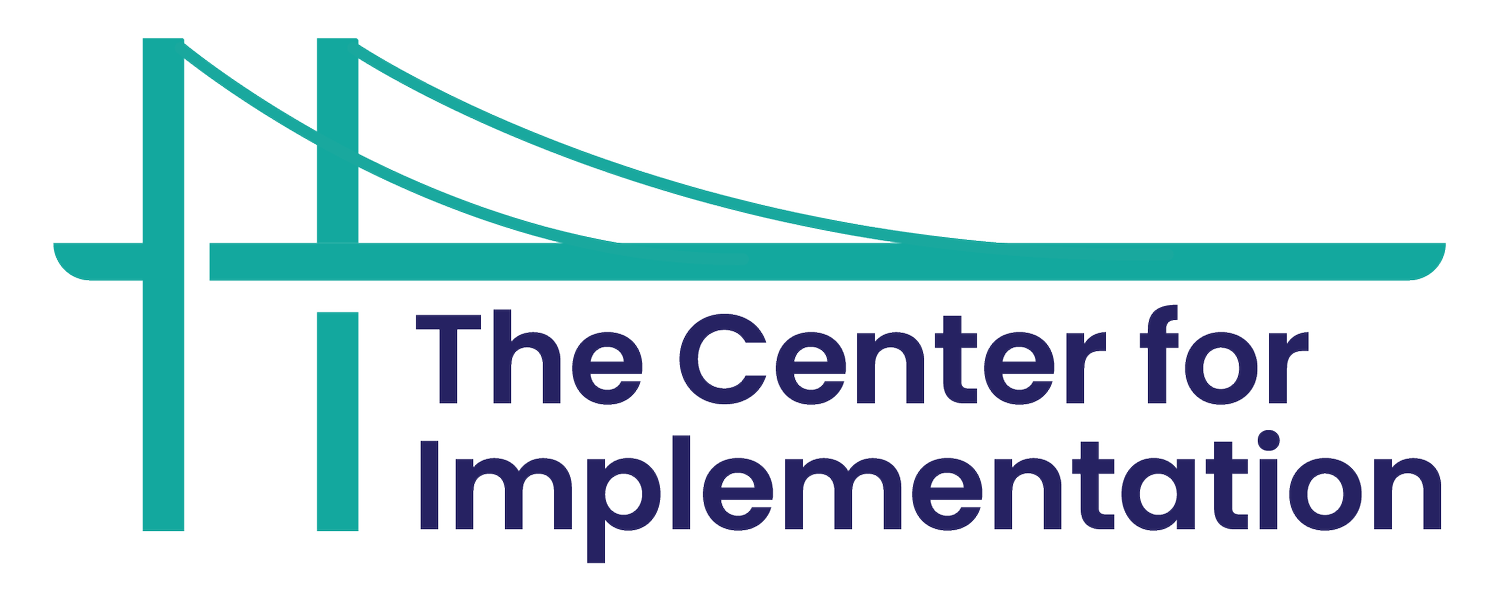Featured Resource: Mobilising Implementation of i-PARIHS (Mi-PARIHS)
By Dr. Jonathan A. Caballero, Implementation Support Consultant
4-min read
The increasing interest in building and enhancing the implementation support infrastructure across a diversity of fields is best achieved by offering implementation support practitioners access to four kinds of supports: tools, training, technical assistance, and implementation quality assessments.
One such tool is Mi-PARIHS, a flexible tool designed to make framework-guided implementation accessible and reliable across diverse implementation contexts.
The Mi-PARIHS tool
The Mi-PARIHS tool is a 34-item tool available in Microsoft Excel. The current version has incorporated feedback from end-users to improve its usability and is accompanied by a short document providing theoretical context and resources that make it easier for practitioners to use it. The tool and supporting materials are provided free of charge by Flanders university and can be downloaded after filling a short form in this website.
The tool presents statements to evaluate the domains of “Innovation”, “Recipients”, and “Context” using Likert-type scales that allow assessing the extent to which each statement represents a barrier or facilitator to change. Note that these domains are drawn from the i-PARIHS framework (see below). In addition, it provides a worksheet where the most important barriers from the rating step are automatically selected, with the objective of aiding to orient team discussions and brainstorming strategies to address them (for which you can combine the use of additional tools, such as the StrategEase tool).
The i-PARIHS framework
The Mi-PARIHS tool is based on the “Integrated-Promoting Action on Research Implementation in Health Services” framework (i-PARIHS). The framework has been developed to capture the dynamic interplay of factors influencing successful implementation, and assumes that implementation has a complex and non-linear nature (seasoned readers of The Center for Implementation bulletins will likely see parallelisms with the Implementation, Spread, and Scale pathway).
One of the key characteristics of the framework is that it puts facilitation at the forefront. Specifically, it considers that facilitation constitutes a role (i.e. being an implementation support professional), and a set of actions (i.e., the actions that support implementation). As such, the framework assumes that successful implementation depends on facilitating the implementation of an innovation intended to produce positive changes on the intended recipients in a given context.
While the conceptual nature of the framework has resonated with practitioners, feedback revealed that it was sometimes complex to apply in practice, which was part of the reason that inspired the creation of the Mi-PARIHS tool. You can follow the story and technical steps of its development here.
Mastering the tools of the trade
Evidence demonstrates that success in implementation across fields is best achieved by supporting implementation professionals through training, technical assistance, assessments of high-quality implementation supports, and access to evidence-based tools.
We invite you to explore the Mi-PARIHS tool and make it part of your changemaker toolkit to continue your journey in bringing on positive changes to the world!
This article was featured in our monthly Implementation in Action bulletin! Want to receive our next issue? Subscribe here.

